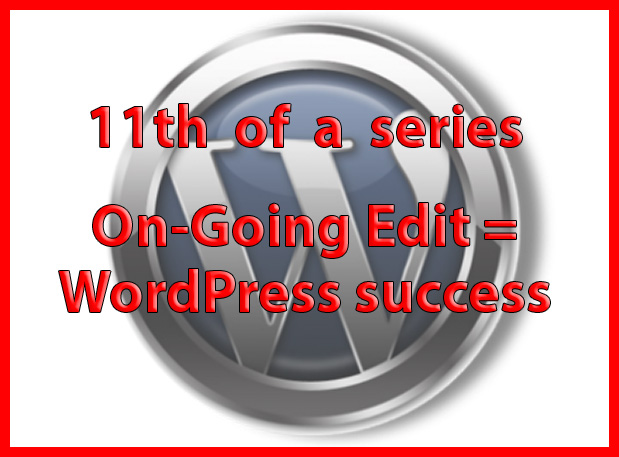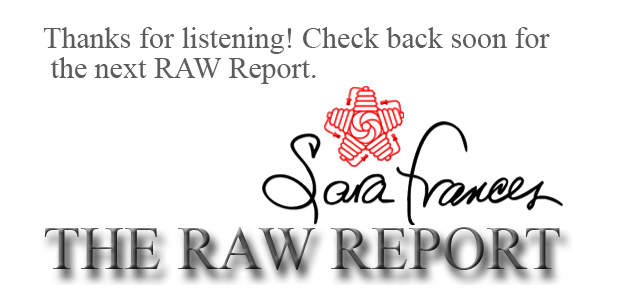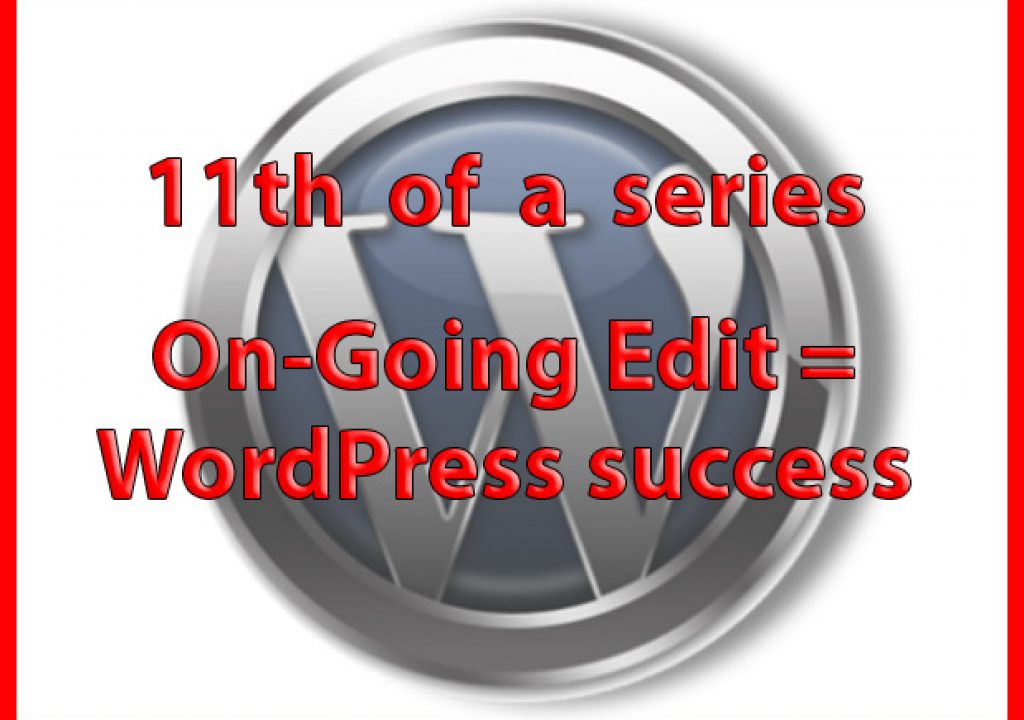
After launching a website, what’s your next step? Reworking it of course! Your objective? Matching, tuning and tweaking page titles, descriptions and keywords.
Once you’ve got that new website in place, give yourself a couple days rest, so you can come back with a fresh editor’s eye. Keywords on your website are like the definitive spots on the leopard’s coat. However the purpose is the exact oposite: not camouflage, but getting seen. Camouflage is life-saving on the veldt and suicide on the web. How get seen more? Get bigger and better spots!
Make a further concerted effort to coordinate what the search engines see. What you do at this stage of the game takes that visually sparkling presentation and gives it a rocket boost. Competition among photographers is rough. There is so much you can do behind the visual scene, without paying for ad words or features.
What I recommend is literally making the leopard change its spots! In the film industry we call it continuity, namely the use of the same props, placement, wardrobe, lighting and sound from take to take in the same scene. There is a jarring disconnect if a character holds a lighted cigarette in one cut, and none in the very next. I liken websites to good entertainment; the words you choose must be echoed in close continuity in text, titles, descriptions and keywords. And they have to be the right words. Search words are your “spots”.
As a small business person you probably can’t afford to pay a web maintenance company to do this for you. I’m not discouraging you from hiring a pro if you can, but many of the basic principles are simple. Because only you know your business best, and also your competitors, you will quickly grasp what you need to do. I repeat that it takes time, continued attention and the understanding that SEO is a moving target.
How to get the SEO words editorial process started
- write a list of your professional specialties
- search on the web for those words or word combinations
- check the titles and descriptions of companies who rank high
- view some of those sites and look at the source code to see what words they’re using
- search in Google ad words for those words and word combinations, and note down alternates that have appeared most frequently
- discard words you thought were important, but that no one uses to search
- make two more lists; your primary search words, and the secondary alternates you’ve found
Re-edit all wording with an eagle eye for continuity in content
- write page titles with prominent search words you’ve found
- use common sense to select search words that are pertinent to your niche
- descriptions that tell more of the story in a nutshell
- include locale names; use them in titles if your place is important to potential clients
- use names of prominent people in your company; you’re the celeb people want to know
- make sure the keywords echo Google Ad Words
- check continuity of most frequently used keywords
- keywords must be repeated in page text, titles and descriptions,/li>
- it is said that a good keyword should be repeated 3-5 times in a modest amount of text
- don’t forget to treat your blog posts in the same way
- check and edit the Permalink found right under page titles
- use some niche words that may not be highly searched, but may be pertinent to your individual product, because you’ll have less competition though fewer searches
- use and check a surfer plug-in to see what pages and words get the most hits
- believe the 60-character title limit
And the hardest things to do are an on-going process:
Repeat the process every couple of months.
Add a content-rich blog every few weeks, as well as page content.

Filmtools
Filmmakers go-to destination for pre-production, production & post production equipment!
Shop Now













